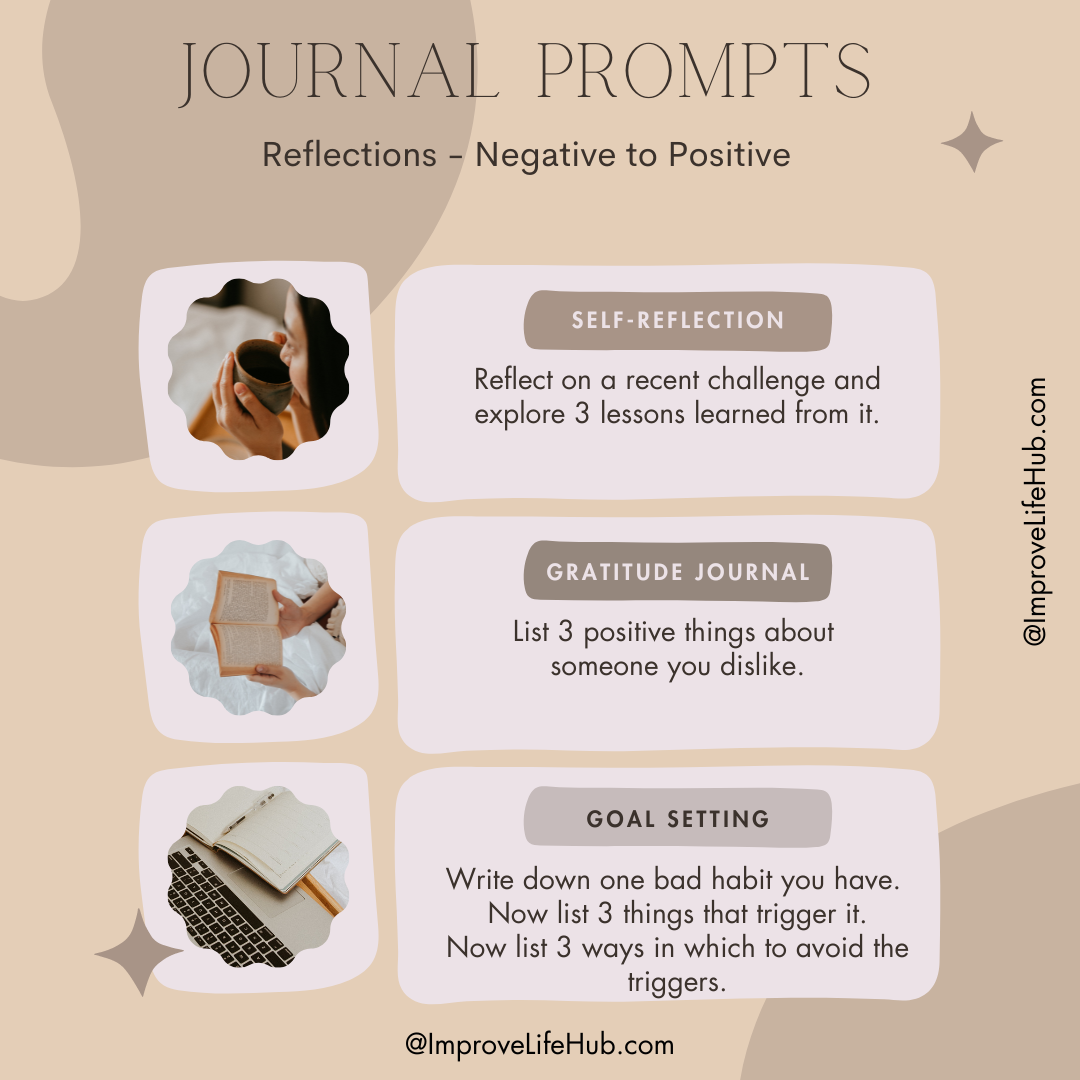Journaling paper vs digital
Journaling paper vs digital; what to choose?...
Journaling is a transformative practice that allows us to delve into the depths of our thoughts and emotions. But when it comes to choosing between the traditional pen and paper and the convenience of digital platforms, decisions must be made...
Let's get into it...
Pros of journaling on Paper
Tactile experience and connection to the writing process
Writing on paper allows for a physical connection between your thoughts and the page. The act of holding a pen and feeling the ink flow can enhance the sense of mindfulness and engagement...
Whenever I'm doing any form of spiritual journaling I have to go the paper route. I don't know what it is but the feel of the pen between my fingers; the way the nib glides across the page forming an elegant trail of words behind it somehow connects me to my higher self...
Freedom to doodle, sketch, or add artistic elements
Paper journals offer creative freedom to express your thoughts visually. Doodling, sketching, or incorporating art can add depth and dimension to your journal entries, allowing for a more expressive and personalized experience...
No distractions from notifications or screens
When using paper, you can disconnect from the digital world, avoiding the distractions of notifications, alerts, or the temptation to switch to other apps. This promotes a focused and uninterrupted writing experience...
Enhanced memory retention and cognitive processing
Studies have shown that writing on paper can aid in memory retention and cognitive processing. The physical act of writing engages different parts of the brain, potentially leading to better recall and deeper understanding of your thoughts and experiences...

cons OF JOURNALING ON PAPER
Risk of losing or damaging physical journals
Paper journals can be susceptible to loss, damage, or misplacement. If not properly stored or protected, your precious entries could be at risk of being lost forever...
Limited organization and searchability options
Finding specific entries in a paper journal can be time-consuming and challenging, especially as the number of entries increases. The lack of searchability and organization options can hinder efficient retrieval of past reflections...
Inconvenience of carrying multiple notebooks
If you engage in multiple journaling topics or prefer separate journals for different purposes, carrying multiple notebooks can be inconvenient, adding bulk and weight to your belongings...
Lack of backup for preserving entries
Paper journals do not have built-in backup systems, leaving your entries vulnerable to damage from fire, water, or other unforeseen circumstances. The absence of a backup option could result in permanent loss of your valuable reflections...
PROS OF JOURNALING ON a digital platform
Easy organization, search, and retrieval of entries
Digital journaling platforms offer efficient organization features, making it easy to categorize and search for specific entries. Tags, labels, and search functions enable quick access to past reflections...
Accessibility across devices and cloud storage
With digital journaling, you can access your entries from various devices, including smartphones, tablets, or computers. Cloud storage ensures that your journals are securely backed up and can be accessed anytime, anywhere...
Convenient editing, copying, and sharing capabilities
Digital journals allow for effortless editing, copying, and sharing of entries. You can refine your thoughts, make revisions, and easily share your reflections with others, fostering connections and collaboration...
Security with password protection and backups
Digital journaling platforms often offer password protection options, ensuring the privacy and security of your entries. Additionally, automatic backups provide an extra layer of protection against data loss...

conS OF JOURNALING ON A DIGITAL PLATFORM
Potential distractions from other apps or notifications
Digital platforms expose you to the possibility of distractions from other apps, social media notifications, or alerts. It requires discipline and self-control to maintain focus solely on journaling without succumbing to these distractions...
Less tactile and sensory connection to the writing process
Writing digitally lacks the tactile experience of pen and paper. The absence of physical touch and the sensation of writing may diminish the sensory connection and personal engagement with your thoughts...
Dependence on technology and potential for technical issues
Digital journaling relies on technology, and technical issues such as device malfunctions or software glitches can disrupt the journaling process. Reliance on technology introduces an element of vulnerability and potential frustration...
Limited artistic expression compared to pen and paper
While digital platforms may offer some artistic features, they often have limitations compared to pen and paper. The ability to fully express artistic elements, like intricate drawings or textured handwriting, may be constrained in a digital environment...
Journaling paper vs digital - Conclusion
In conclusion, journaling paper vs digital is the choice that comes down to pure personal preference, individual needs and priorities...
Paper journaling offers a tactile experience, creative freedom, and a distraction-free environment, enhancing mindfulness and cognitive processing.However, it poses the risk of physical damage or loss, lacks organization options, and requires carrying multiple notebooks...
On the other hand, digital journaling provides easy organization, accessibility, and convenient editing and sharing capabilities. It offers security features and backups, but may introduce distractions, limit sensory engagement, and be subject to technological issues...
Consider these factors and prioritise what aligns with your journaling goals and preferences to make the right choice for your reflective journey...
What do you prioritise, a tactile experience or security and backups?
Recent Articles
-
My Midlife Challenges and Triumphs as a Gen X Woman
May 26, 24 02:01 PM
Gen X woman shares midlife challenges and triumphs. Explore resilience, purpose, and the journey of balancing work, dreams, and a simpler life. -
How Gen X Women are Redefining Midlife
May 26, 24 11:46 AM
Discover how Gen X women are redefining midlife with resilience, purpose, and passion. Join us for stories, advice, and community support.
